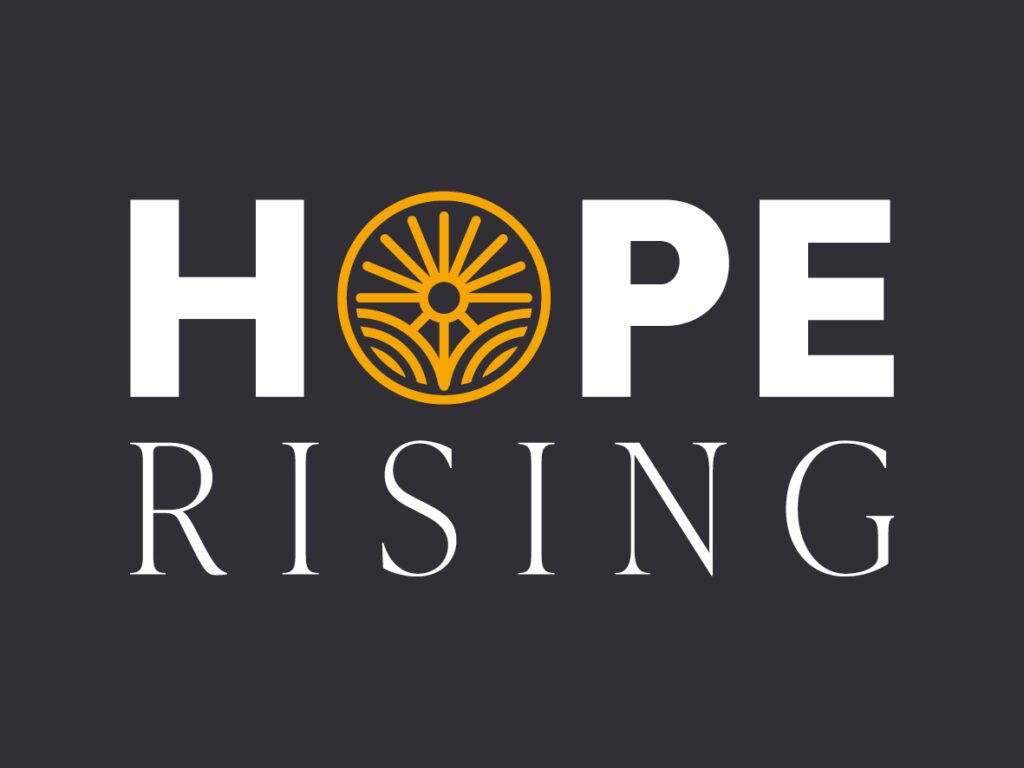Symptoms
Symptoms of Anxiety
Anxiety affects people in all domains of their being: their thoughts, emotions, physical feelings and behavioural responses. Worry is often a key driver of anxiety in the mind and when it is mixed with strong bodily reactions it can feel overwhelming. Bodily symptoms of anxiety are related to our built in self-protective system which is linked to our adrenal responses known as ‘fight or flight’ in which the body gets ready for action, either to fight or run away to survive. This is helpful when there is an actual physical danger to overcome or avoid but it is less helpful if the threat is psychological only. The adrenal response is uncomfortable and can lead to physiological feelings such a sense of breathlessness, increased heart rate, ‘butterflies’ in the stomach, nausea, muscle tension, trembling, dry mouth, numbness in the extremities, and other symptoms. When someone is experiencing a panic attack, these feelings are extreme and can feel catastrophic.

Unhelpful ‘Safety-seeking Behaviours’
A feature of CBT is to identify unhelpful ‘safety-seeking behaviours’ which have become unhelpful ways of coping and may have developed as a maintainer of the problem, and to seek to replace them with more helpful coping and progressing behaviours. Sometimes these safety-seeking behaviours involve avoiding people and situations. It is part of our humanity to want to be in control and a sense of being out of control usually feels distressing. Sometimes anxiety problems lead people to put in unhelpful types of control in their lives. This can lead to putting in obsessive levels of control in areas of life. This is anxiety driven and can develop into OCD due to compulsive responses.
Identifying Depression
Depression is common today and again affects multiple dimensions of an individual’s life. Depression can have a bio-chemical component and some people benefit from antidepressant medication. It clearly affects a person’s mood and sufferers will often feel sad, tearful and empty. They may feel heavy and lacking in physical energy. Sleep may be adversely affected as well as diet and self-care. This in turn often leads to loss of motivation and interest in areas of life which they previously found stimulating. Concentration may be reduced. This may lead to reduced activity and participation in things which were enjoyable before. All this adds up to a ‘vicious-cycle’ that further reduces mood.

Important Aspects of Depression
An important aspect of depression is that of a person’s view of themselves. Self-esteem can be detrimentally affected in depression and can lead to a person withdrawing from others. It can also lead to various degrees of ‘self-attacking’ which may engender actual self-harm and sometimes an increased risk of suicide. Safeguarding is vital and it may be necessary for me to ask about and monitor a person’s risk during therapy and in some cases refer an individual onto another agency if the risk cannot be safely contained.
Trauma Symptoms
Many people have had traumatic experiences in their lives and may have been affected by these experiences to varying degrees. Every individual is unique, and their life experiences are also unique. Trauma symptoms can also vary in intensity and levels of effects on personal functioning. PTSD usually shows effects in domains of traumatic intrusions such as flashbacks, nightmares and other mental disturbances, avoidance and hypervigilance to threat, and hyperarousal in terms of bodily symptoms. PTSD can either be related to one specific incident or be more complex and / or prolonged.


